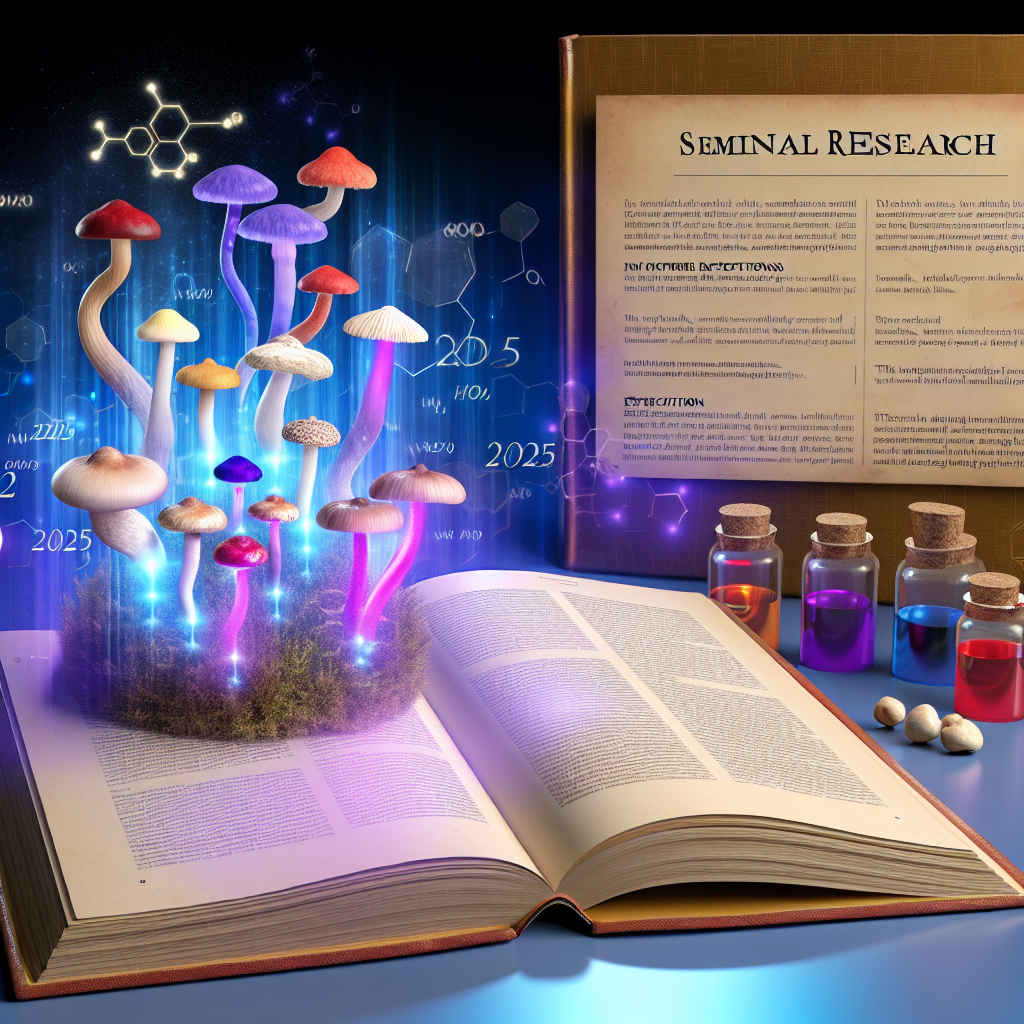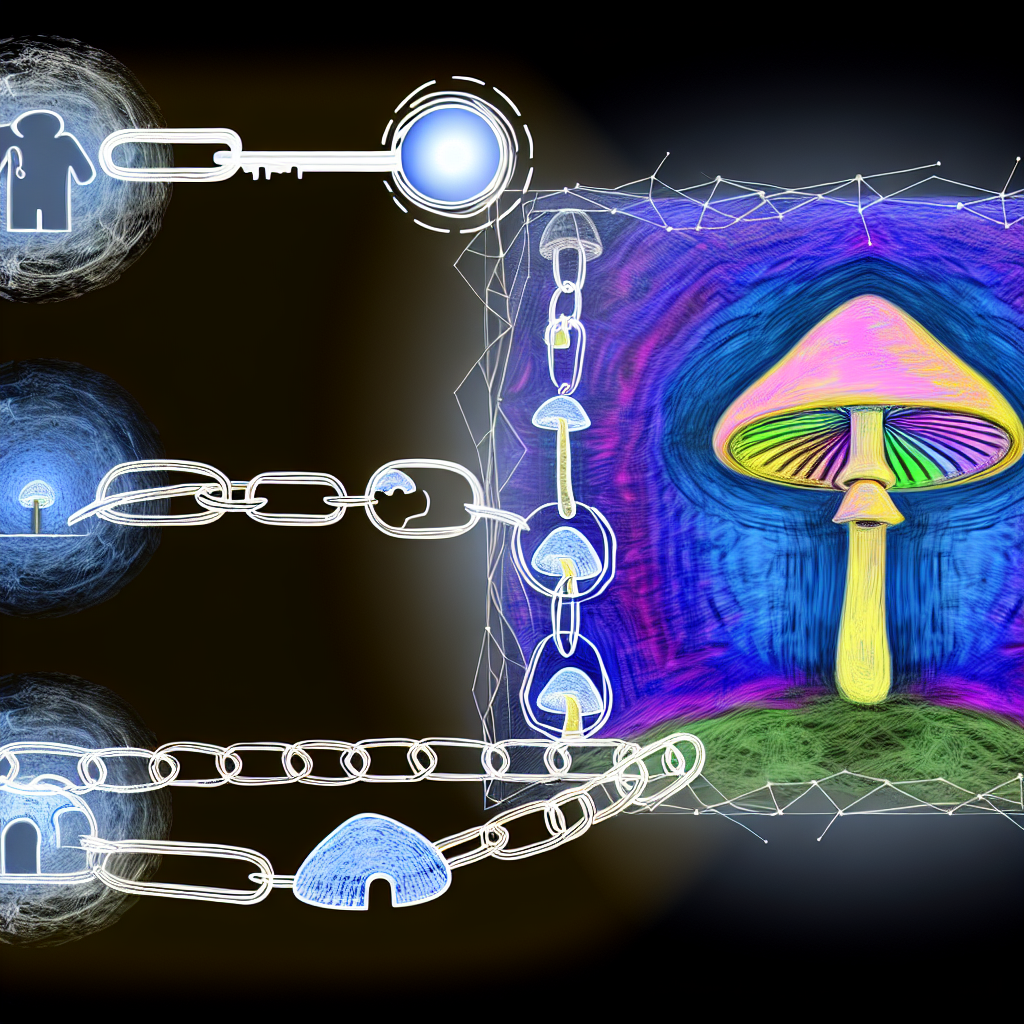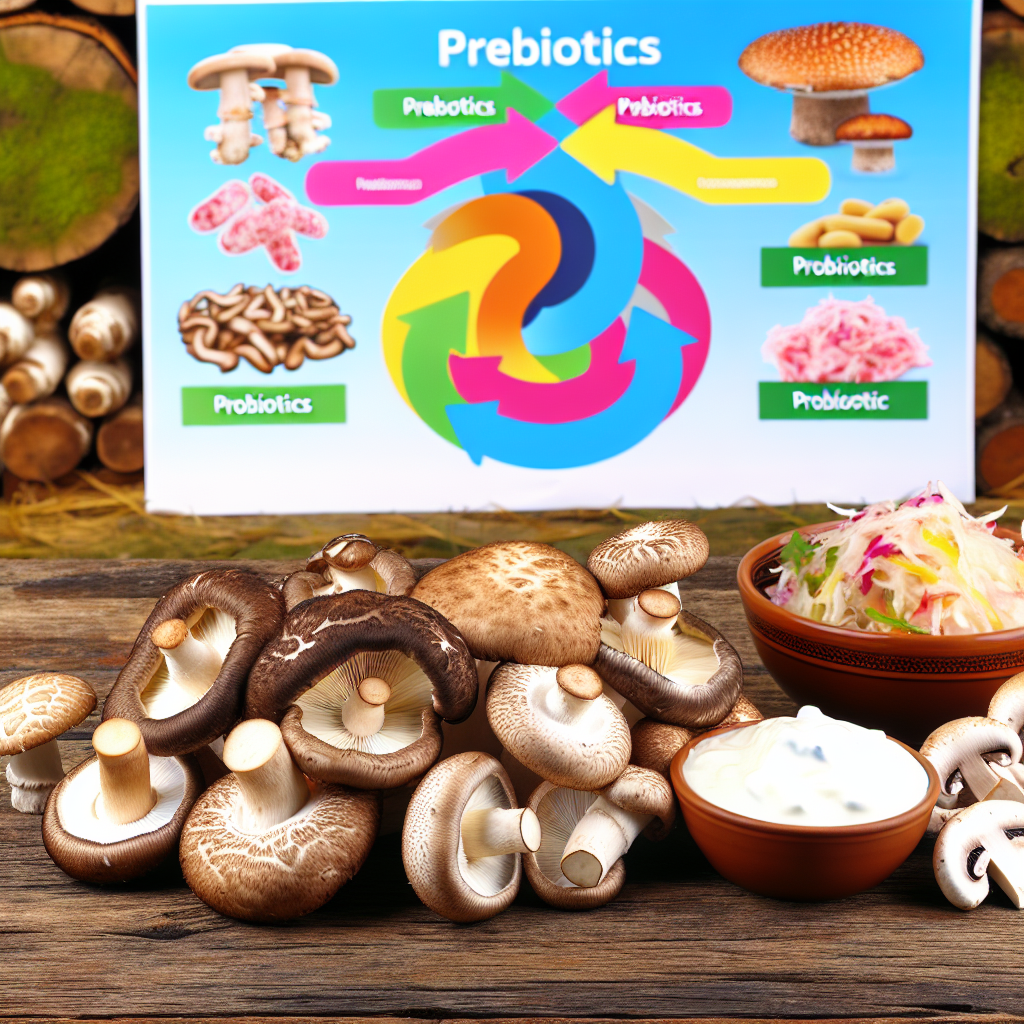Novel Compounds in Medicinal Mushrooms: 2025 Research
Introduction
The field of medicinal mushrooms is experiencing a renaissance, fueled by cutting-edge research and groundbreaking discoveries. In 2025, scientists are uncovering novel bioactive compounds in fungi that could revolutionize medical treatments, from neurodegenerative diseases to cancer therapy. Long-prized in traditional medicine, mushrooms like Ganoderma lucidum (reishi), Hericium erinaceus (lion’s mane), and Cordyceps sinensis are now at the forefront of clinical and pharmaceutical investigations.
As modern science advances, researchers are decoding the molecular mechanisms behind these fungi’s healing properties. Recent studies have identified never-before-seen polysaccharides, terpenoids, and alkaloids with potential therapeutic effects. These novel compounds could offer alternative or complementary solutions to conventional pharmaceuticals, particularly in areas such as immune modulation, cognitive enhancement, and metabolic health.
Breaking New Ground: The Latest Research on Medicinal Mushroom Compounds
As the global scientific community intensifies its focus on medicinal mushrooms, multiple studies are highlighting their potential in treating a wide range of diseases. Below are some of the most promising discoveries in 2025 research.
Next-Gen Beta-Glucans: A Game-Changer for Immune Health
Beta-glucans, a type of polysaccharide found in mushrooms, have long been recognized for their ability to modulate the immune system. A groundbreaking study published in the Journal of Fungal Therapeutics (2025) revealed that a newly isolated subclass of beta-glucans from Grifola frondosa (maitake) mushrooms has enhanced binding affinity to immune receptors, particularly Dectin-1 and CR3. This feature allows for more precise immune modulation, potentially enhancing cancer immunotherapy while reducing autoimmune overreactions. [source]
Diterpenoids for Brain Health: A New Hope for Neuroprotection
In 2025, researchers at the University of Tokyo published a study in Neuroscience Advances demonstrating the neuroprotective potential of newly discovered diterpenoids in Hericium erinaceus (lion’s mane). These compounds, named Erinacine-X and Erinacine-Y, appear to stimulate nerve growth factor (NGF) synthesis more effectively than previously known erinacines. Their ability to cross the blood-brain barrier makes them a candidate for treating neurodegenerative diseases like Alzheimer’s and Parkinson’s. [source]
Non-Psychedelic Psilocybin Analogs: A Revolution in Mental Health Treatment
A surprising breakthrough came from a 2025 study at Johns Hopkins University, where researchers identified novel serotonin-activating alkaloids in Gymnopilus spp. and Panaeolus spp. mushrooms. Unlike traditional psilocybin, these new compounds—termed Serotovin-A and Serotovin-B—bind to 5-HT2A receptors without inducing hallucinations. Early clinical trials suggest potential antidepressant effects comparable to microdose psilocybin therapy, but without legal concerns or altered states of consciousness. [source]
Breakthrough in Metabolic Health: Cordycepin Derivatives and Diabetes Treatment
A recent collaborative study between Harvard Medical School and the National Institute of Health investigated new forms of cordycepin, a compound found in Cordyceps militaris. The modified versions of cordycepin, named Cordycepin-Delta and Cordycepin-Omega, show stronger activation of AMP-activated protein kinase (AMPK), a key regulator of cellular metabolism. Preliminary human trials found significant improvements in insulin sensitivity and fat metabolism, making these derivatives candidates for type 2 diabetes treatment. [source]
Conclusion: The Future of Mushroom Medicine is Bright
The landscape of medicinal mushroom research is rapidly evolving, with 2025 marking a pivotal year in the discovery of novel bioactive compounds. From next-gen beta-glucans for immune support to non-psychedelic serotonin analogs for mental health, these groundbreaking findings are reshaping the way we view fungal medicine. With continued investment in mycological research and clinical trials, the future of natural medicine looks increasingly promising.
Concise Summary:
In 2025, researchers are uncovering novel bioactive compounds in medicinal mushrooms that could revolutionize treatments for neurodegenerative diseases, cancer, and metabolic disorders. Discoveries include next-gen beta-glucans for immune modulation, diterpenoids for neuroprotection, and non-psychedelic psilocybin analogs for mental health. These findings are reshaping the future of natural medicine and highlighting the immense potential of fungal therapeutics.

Dominic E. is a passionate filmmaker navigating the exciting intersection of art and science. By day, he delves into the complexities of the human body as a full-time medical writer, meticulously translating intricate medical concepts into accessible and engaging narratives. By night, he explores the boundless realm of cinematic storytelling, crafting narratives that evoke emotion and challenge perspectives. Film Student and Full-time Medical Writer for ContentVendor.com




